By Victoria Scott
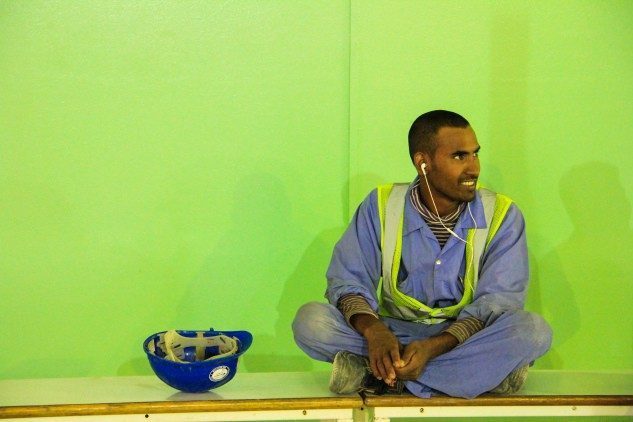
Employers in Qatar must understand that ensuring their workers’ safety and health is a win-win situation for everyone, an industry body has said.
This not only leads to a satisfied workforce, but also a productive one — and provides a reputation boost for the companies involved, the Institution of Occupational Safety and Health (IOSH) said.
During its annual Middle Eastern conference in Doha this week, IOSH released a five-year strategy to boost worker wellness across the world.
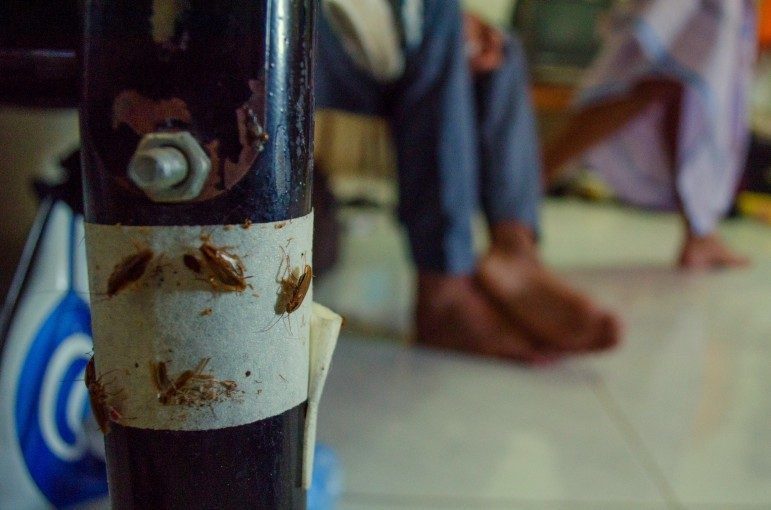
The plan is particularly pertinent in Qatar, where construction firms have come under intense scrutiny since the country was awarded the 2022 World Cup.
Many high-profile projects in Qatar enforce strict health and safety standards.
But Amnesty International and other organizations have long documented the comparatively dismal safety record of projects that are not in the spotlight.
Biggest challenges
According to Ala’a Sukhni, the vice-chair of IOSH’s Qatar branch, the biggest challenges health and safety professionals face in the country are falls from a height, and illnesses caused by the heat and dust.
Sukhni said that there are a variety of products and solutions that can help reduce this risk, and that IOSH encourages Qatar-based companies to invest in them.
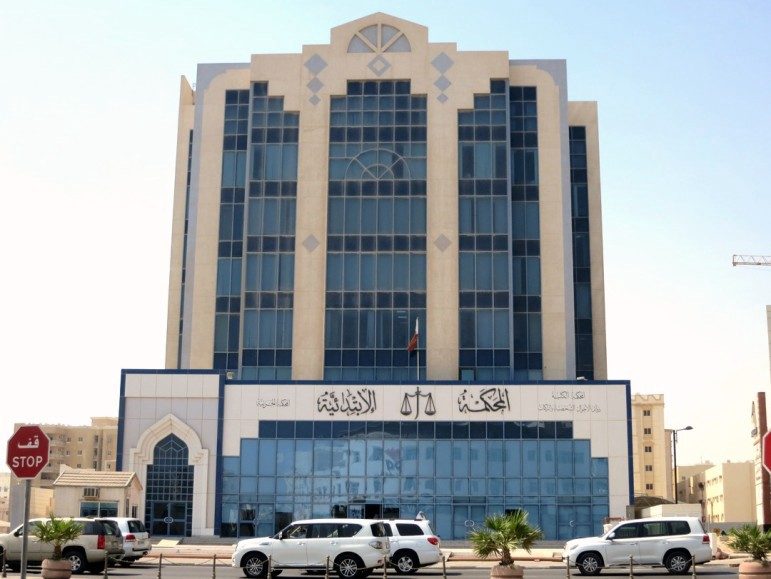
Several Qatar firms were convicted of manslaughter and fined last year after workers were killed on the job.
Four of the deaths were deemed to have been caused by falls due to poor signage and lighting, poor supervision and a lack of safety equipment.
Summer is near
As the weather heats up, Sukhni also offered several tips on how companies can best protect their workers from the heat and dust.
They include:
- Setting up an air-conditioned room where workers can spend their breaks and eat their meals;
- Making sure employees avoid working in direct sun wherever possible;
- Supplying adequate quantities of cooled water for drinking, particularly on hot days;
- Mandating a 15-minute break each hour during the hottest months of the year. That break must be taken in an air-conditioned environment, and workers must be encouraged to drink and eat during this break;
- Spraying water on dusty areas to reduce swirling dust; and
- Providing loose clothing and visors to protect workers against dust.
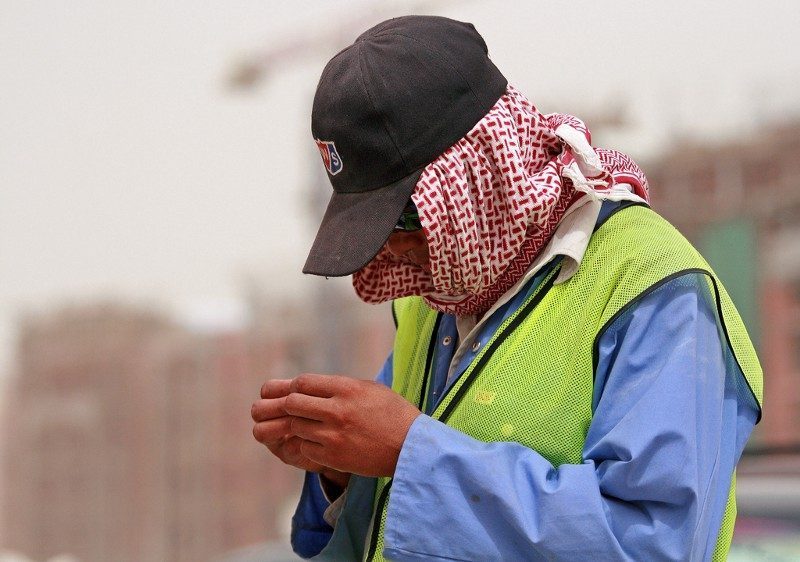
“Our officials are working hard to provide guidance on this,” Sukhni told Doha News. “It’s important that there is more awareness of the importance of these measures.”
New government guidelines
IOSH is not the only entity calling for improvements in Qatar’s approach to health and safety on construction sites.
The country’s own Ministry of Municipality and Environment (MME) has also recently released new guidelines designed to make workplaces safer.
#اليوم_العالمي_للصحة_والسلامة_المهنية
(28 أبريل من كل عام)#SafeDay #Qatar pic.twitter.com/FYmCeS1zMq— وزارة البلدية | Ministry Of Municipality (@albaladiya) April 28, 2017
The guide includes advice on things like proper fencing and signs, working hours, traffic management, the transportation of construction material, scaffolding, lights and noise levels.
It also urges developers to consider the environmental aspects of their sites, keeping in mind their footprint on nearby plants, local wildlife and public spaces.
Reputations at stake
One way to persuade more firms to take better care of their workers is to emphasize the importance of a good public image and reputation.
According to a recent IOSH survey, executives of local construction firms are aware that they are being judged by their health and safety record.
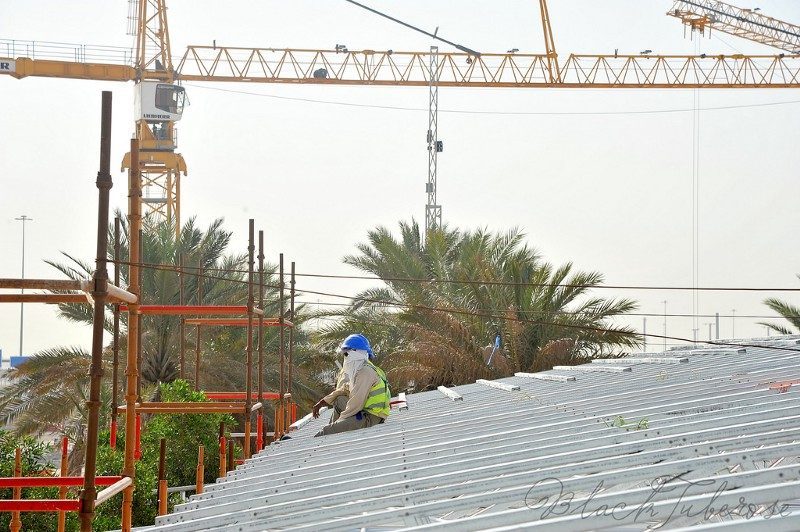
Ninety-one percent of 250 MENA business leaders surveyed told IOSH that they believed investing in the health and safety of their workforce was essential to ensuring their business had a good reputation.
Eighty-five percent also said that their employees’ health and safety was a top priority at board level.
Promoting best practice
According to Sukhni, one of the ways best ways to tackle Qatar’s health and safety challenges is to emphasize international best practice and explain why this benefits everyone.
“We have 455 IOSH members in Qatar, and we work across all industries.” Sukhni told Doha News. “The country is ambitious about growth, so it’s important to improve health and safety at the same time. Our members play a vital role in this.”
To help them spread the word, Sukhni’s Qatar branch organizes regular site visits so that its members can see how their competitors are working to ensure the safety of their staff.
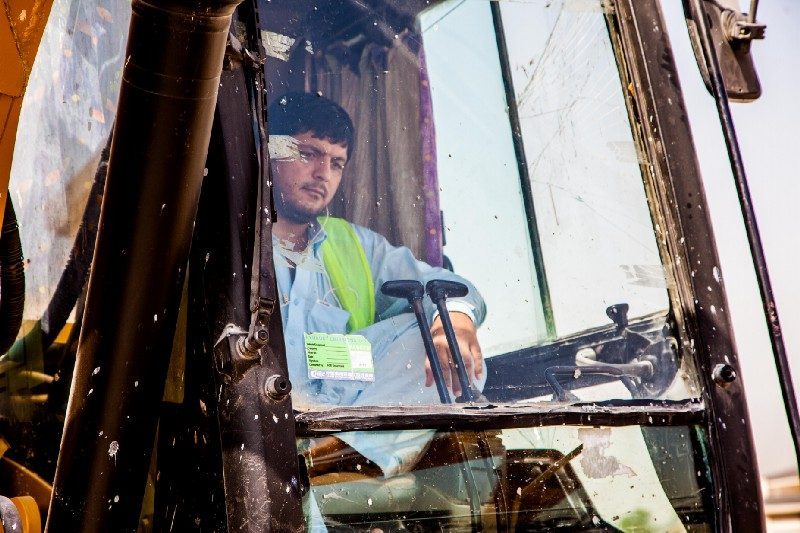
It also focuses on the importance of training and the provision of proper equipment.
Most importantly, according to Sukhni, the aim is to prevent safety issues in the first place.
“We always try to avoid the hazard completely. But where it’s not possible, we need to reduce exposure or provide personal protective equipment as a last resort,” he said.
Thoughts?






